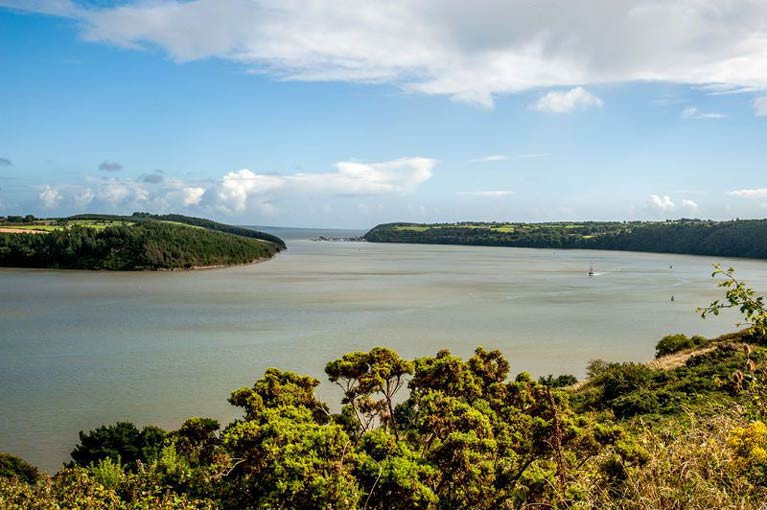Coastwatch has welcomed a High Court decision closing the Waterford estuary to razor shell dredging without proper environmental assessment.
The ruling has implications for fishing activity on marine sites which are designated as Natura 2000 locations, Coastwatch director Karin Dubksy has said.
The High Court ruling issued last week quashes permission to dredge for razor shells in the Waterford estuary.
The ruling says that the decision to permit the activity was made without screening or appropriate assessment under Article 6(3) of the EU Habitats Directive to check if there is no adverse impact on the integrity of the site.
Last September, Coastwatch secured a temporary injunction preventing fishing for razor clams in the Waterford estuary, pending the outcome of a legal challenge.
It took proceedings against the Sea Fisheries Protection Agency (SFPA), the Minister for Agriculture, Food and the Marine, Ireland and the Attorney General.
Ms Dubsky said that the final ruling delivered on July 13th involves an undertaking that the Minister will agree to review the Sea Fisheries Regulations statutory instrument 290/2013 by November 30th this year.
This would ensure that Irish law “fully transposes the requirements of EU environmental law and, in particular, the EU Habitats Directive”, she said.
“Coastwatch will be entitled to make submissions to this review,” she said, and the State is responsible for the non-governmental organisation’s costs in the legal case.
“There has been too much optimism that the sea will cope with almost every private or corporate use anyone comes up with. The sea can’t and we need to protect it,” Ms Dubsky said.
“On top of that, climate change is already impacting on estuarine and coastal ecosystems. A hot spell can cause local mass death of organisms. There aren’t enough marine protected areas (MPAs) as connected safe havens to support species survival and those we have aren’t managed properly,” she said.
“The new Programme for Government sets out some positive plans, and with COVID payments and changes in markets, there is a real opportunity now to restructure and focus on ocean health,” she said.
“ We should support creation of marine protected areas, restoration and management plans and traditional low impact fisheries with locally designed closed areas,” she said.
The Department of Agriculture, Food and Marine said it was pleased that the case had been brought to a “satisfactory conclusion by means of an agreed settlement”.
It said that “while a commitment to review the Sea Fisheries Regulations SI 290 of 2013 does not form part of the settlement submitted to the High Court, the department has committed to undertake a review of SI 290 of 2013 by November 30th this year”.
































































